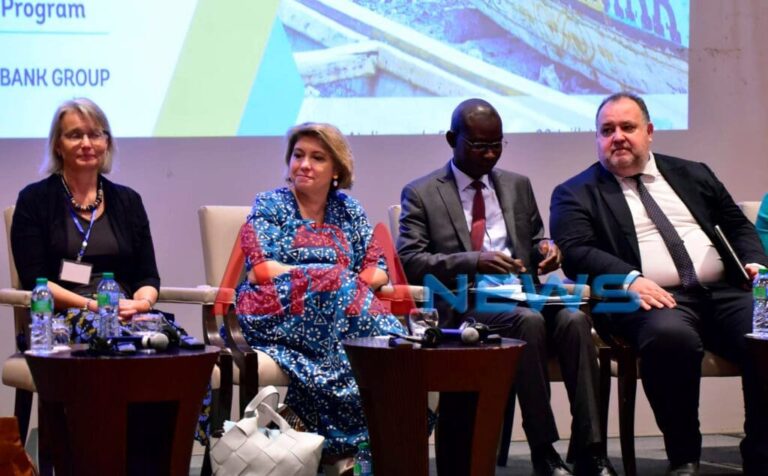Senegal is faced with drought, floods and bushfires that threaten its budget balance.
Faced with the growing impact of natural and climatic disasters, Senegal is firmly committed to strengthening its financial resilience.
At a two-day workshop that opened on Tuesday, July 23, in Dakar, the government reiterated its commitment to the Global Shield against Climate Risks initiative, a crucial step towards protecting vulnerable populations and underpinning the country’s economic stability.
Representing Senegal’s Ministry of Finance and Budget (MFB), Aliou Ndiaye, told the workshop on financing climate and disaster risks in Senegal that addressing this issue is a “major concern” for the new authorities.
In fact, the government has earmarked a budget of 30 billion CFA francs in the 2024 finance bill for climate issues, adding that her country is considering participating in the carbon finance markets.
Senegal is particularly exposed to droughts, floods and bushfires,
which threaten its budget balance, macroeconomic stability and food security. To meet these challenges, policymakers have set up various disaster risk financing (DRF) instruments to support the agricultural sector and protect vulnerable populations.
However, these mechanisms remain inadequate, particularly in the face of the growing risk of flooding as the 2024 rainy season gradually sets in.
The Senegalese government, in collaboration with the World Bank and the Global Shield against Climate Risks, has therefore undertaken major reforms to improve resilience.
Launched at the Conference of the Parties on Climate Change (COP 27), organised in November 2022 in Egypt, the Global Shield, financed to the tune of 300 million euros by Germany, saw Senegal join as the first French-speaking African country and second on the continent. For the various stakeholders, this represents a significant step forward, enabling the country to benefit from essential financial and technical support to protect its vulnerable populations and ensure lasting economic stability.
“Our ambition is to work with all the players and to create energy in our respective work,” emphasised Lea Sarah Kulick from the Global Shield secretariat, pointing out that Senegal is the second African country to join after Ghana.
“Climate disasters have an impact on individuals and households,” said Pierre Bonneau, Country Director of the World Bank, which has been supporting these efforts since 2023. As “technical advisor” to the initiative, the World Bank will carry out a diagnostic study to help decision-makers better understand the financial impact of disasters and develop strategies to strengthen the country’s resilience.
Papa Nouhine Dieye of the USAID, the US development agency, welcomed the Senegalese government’s commitment, noting that climate threats are increasing “dependence on food imports, while Senegal is vulnerable to climate change.” Annegret Al-Janabi, from the German embassy in Senegal, said that the country was taking “an important step” towards better management of climate-related disasters, recalling Germany’s commitment to devote €300 million to the Global Shield.
Christine Fages, the French ambassador to Senegal, reiterated her country’s support for the initiative since its launch at COP27: “We firmly believe that our resilient efforts will help build a better
future for all,” she declared.
ODL/te/fss/GIK/APA


